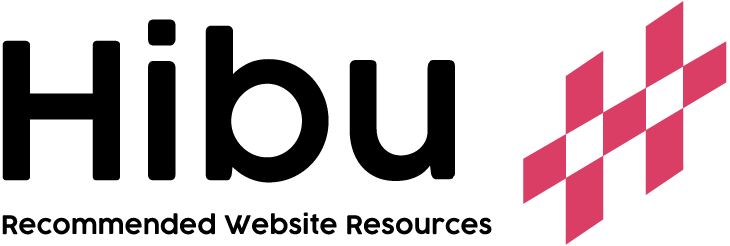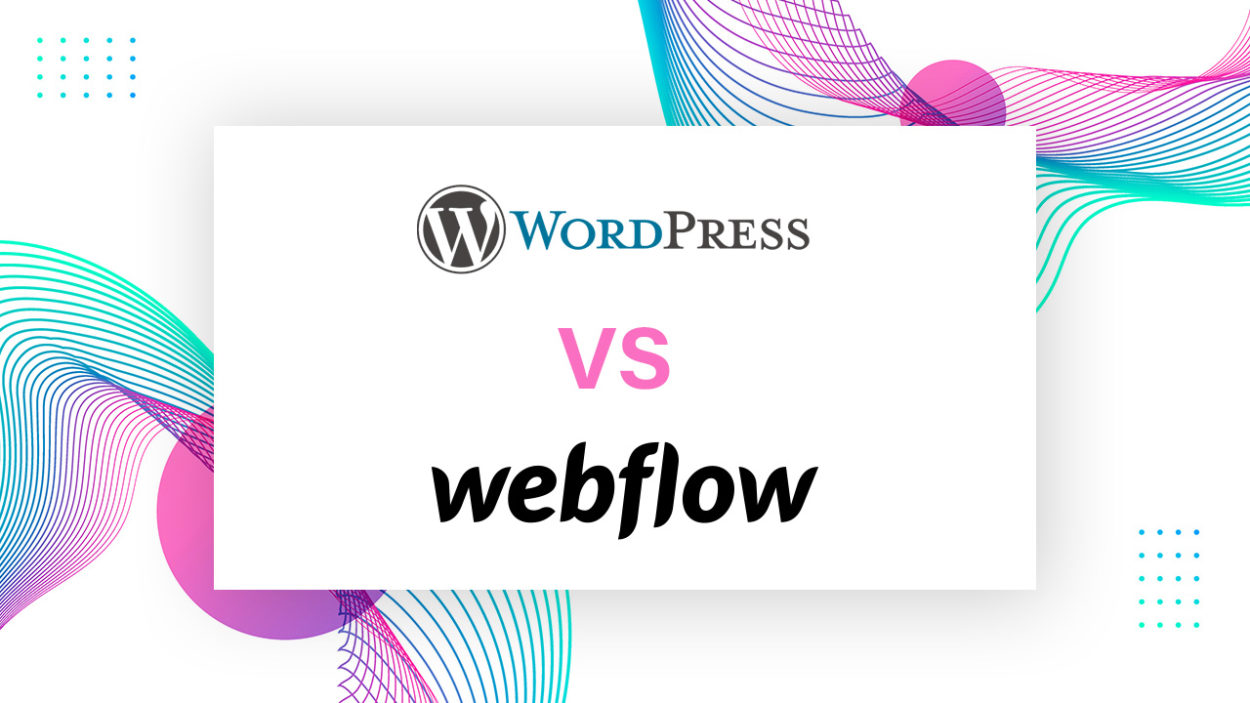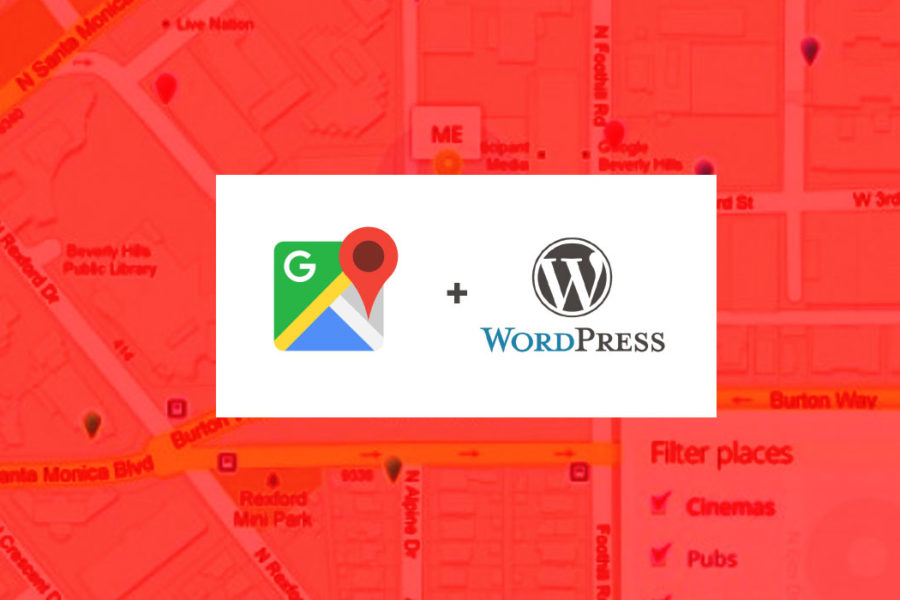It can be a challenging process to decide where to begin before you even start building a website. There’s a lot of technical details which, if you don’t have much background, would baffle you. It would also have to be designed in various ways based on whatever you need from your platform and what it is being used for.
Web flow and WordPress are two of the largest and most successful hosting plans in the industry. They both have distinct strengths and disadvantages that can help you determine which one is better suited to your domain requirements. Making the correct decision would save you a lot of trouble in the future if you plan to move your CMS.
WEB FLOW:
Web flow is a cloud-based website developer that, like many other hosting companies, helps users to create websites without needing to write paragraphs of programming language. The power of Web Flow also boils down to the customization possibilities it provides with many other site builders. Web Flow is a common alternative for software developers because of a higher level of flexibility. Web developers have more experience dealing with websites and are thrilled by the number of options readily accessible, as opposed to newcomers who seem to be a little confused by having to make it flawless.
PROS OF WEB FLOW:
- Drag and Drop Page Creator feature
- Intuitive Reporters
- Act with CMS information automatically
- Domain of eCommerce
- Responsive page template
- Act with reusable categories in CSS
- Flexbox function
- Define the global color palettes
- Publish directly to the internet
- ISO 27018 and SSL
- A full framework that combines targeting tools and data collection.
- Import code to download
- Code Editor, add your code if needed
- Build animations based on browsing
- Zapier incorporation
ADVANTAGES OF USING WEB FLOW:
- Web flow allows you the ability to create fully personalized websites without the use of programming.
- Drag and Drop Website Builder helps you to create and customize your pages in whatever way you like.
- You can quickly construct animations and relations without the need to use a software
- Platforms are SEO friendly
- Make changes to the page right on the website, so you can see precisely what your page looks like when you enter the site.
- Invite writers and partners to add and analyze material on the website.
- Strong hosting and limited downtime for guests.
- SSL Qualification included
CONS OF WEB FLOW:
There’s a steep training phase when it falls to using Web flow, particularly if you’ve never done any website creation previously. Even, relative to open-source applications like WordPress and WooCommerce, Web flow can be a little more costly. That said, they don’t have a growing video tutorial collection.
WORDPRESS:
WordPress is without a question the most successful way to create a website, and presently it controls an incredible 34% of the website. WordPress is an open-source application that ensures it’s free for all to use, you only have to pay for the hosting. You will use WordPress to create journals, pages, create an online shop, show your collection, and much more.
PROS OF WORDPRESS:
- Customizable interface
- Friendly SEO (search engines)
- Mobile responsive locations
- Strong Results performance
- Mobile applications to manage your web on the go
- High Protection
- Efficient administration of media
- Simple and easy to navigate
- Over 54,000 WordPress plugin choices enable you to customize your platform.
- Great Community
ADVANTAGES OF USING WORDPRESS:
- WordPress is free to use, you only need to spend on hosting, rendering it a very inexpensive choice for someone just beginning out.
- WordPress is extremely flexible, allowing you the absolute authority of your website and all your details.
- There are loads of modules and plugins to pick from, so there are infinite options when it comes to designing your platform.
- WordPress is convenient for you to use without coding if you wouldn’t want to, which means that even a full beginner will get a nice-looking site up and running in a couple of moments.
- Thanks to WordPress’ success, there are already dozens of WordPress functionalities accessible, so no matter which applications you use to manage your company, there is a high probability that they will function smoothly with WordPress.
- WordPress allows you to build SEO-optimized webpages (many third-party plugins with perfect SEO contexts) and its mobile-friendly, so it’s a fantastic choice for anybody who wants their website ranking high in Google.
CONS OF WORDPRESS:
Though WordPress is simple for anybody to use with templates and themes, if you want a truly personalized version, you’ll need to program it yourself or employ a designer. Since your WordPress platform is owned and controlled by you, you are accountable for all changes and upkeep of your platform, unless you reap the benefits of managed WordPress hosting. WordPress is still an unstable website that keeps having fewer and fewer improvements, so it might not be the ideal long-term option.
CONCLUSION:
WordPress and Web Flow are perfect ways to create a website. For individuals with more background in web development and who want a truly customized website, Web Flow is a decent way to get started if you can handle higher fees. There is a simple explanation of why WordPress is the most common site maker, providing excellent features at an affordable price. Work towards making a call, but check with an online marketing firm to see all of the choices and what’s going to pay for both you and your company.







Leave a Comment